
Most Important GD Topics for SSB Interview 2023
As a defence aspirant preparing for the SSB Interview 2023, you must be well-equipped to discuss various important topics that may arise during group discussions. These topics are carefully curated to assess your critical thinking, communication skills, and ability to collaborate with others effectively. Centurion Defence Academy offers a comprehensive collection of these important GD topics to help you prepare for the SSB Interview 2023 with confidence.
Centurion Defence Academy is dedicated to providing you with a diverse range of GD topics, along with insightful tips and strategies to excel in these discussions. By exploring these topics and practicing your responses, you can enhance your articulation, critical analysis, and overall performance during the SSB Interview.
● The SSB Interview is a crucial step in the selection process for candidates aspiring to join the Indian Armed Forces. Group discussions are an integral part of the assessment, as they provide a platform to gauge your leadership qualities, problem-solving abilities, and your approach to teamwork.
● With topics ranging from national and global issues to socio-economic challenges, ethics, and technology, these discussions are designed to test your knowledge, perspectives, and decision-making skills under pressure.
● Your ability to engage in thoughtful discussions and showcase your leadership potential will play a crucial role in making a positive impression during the selection process.
Prepare yourself for the upcoming SSB Interview 2023 by delving into the most important GD topics given below.
1. “Sensitivity in Society: Balancing Open Discourse and Respectful Communication”
2. “Religious Conversion Laws and Matrimonial Freedom: Debating the Need for Legal Restrictions”
3. “Bridging the Gender Gap in the Workplace: Achieving Workplace Gender Equality”
4. “Creativity vs Knowledge: Understanding the Value of Both in Modern Society”
5. “Group Discussions in Hiring: An Examination of their Necessity and Impact”
6. “E-learning: Analyzing the Advantages and Obstacles in Online Education”
7. “Employment Opportunities in Rural Areas: Identifying Solutions for Economic Growth”
8. “Stubble Burning and Winter Smog: Pros, Cons, and Mitigation Strategies”
9. “The State of Agriculture in India: Addressing Key Issues and Concerns”
10. “MSP System in Agriculture: Relevance and Sustainability in Today’s World”
11. “Capitalism and its Imperfections: A Comparative Analysis with Other Economic Systems”
12. “Public Sector Job Security: Myth or Reality?”
13. “Government Spending and Economic Impact: Assessing Effectiveness and Consequences”
14. “Election Freebies: Evaluating their Impact on the Economy and Political Landscape”
15. “Industry 4.0: Embracing Technological Advancements for Future Growth”
16. “Reviving the Indian Economy: Strategies and Approaches for Sustainable Development”
17. “Cryptocurrency in India: Legalization and its Implications on the Economy”
18. “Collectivism vs Individualism: Striking a Balance between Group Needs and Individual Rights”
19. “Hybrid Working: Exploring the Pros and Cons of Blended Work Models”
20. “Lessons from the COVID-19 Pandemic: Insights and Reflections for a Resilient Future”
21. “The Human Impact of Technology: How Advancements Shape Our Humanity”
22. “Khap Panchayats in Modern Society: Legitimacy, Tradition, and Progress”
23. “Communalism and Social Cohesion: Fostering Unity in Diverse Societies”
24. “The Pursuit of Victory: Assessing the Significance of Winning in Life”
25. “NOTA in Elections: Evaluating its Role and Impact on Voter Empowerment”
26. “Defection in Indian Politics: Understanding its Prevalence and Implications”
27. “National Health ID: Assessing the Pros, Cons, and Challenges of Implementation”
28. “Political Parties and the RTI Act: Striking a Balance between Transparency and Privacy”
29. “The Feasibility of 5G in India: Scalability, Viability, and Societal Impact”
30. “Uniform Civil Code: Challenges and Sociopolitical Implications”
31. “Atmanirbhar Bharat and Deglobalization: Advantages and Risks of Moving Towards Self-Reliance”
32. “Circular Economy: Promoting Sustainable Development for a Greener Future”
33. “The Importance of Budgeting: Its Influence on Economic Stability”
34. “Economic Reforms in India: Past Missed Opportunities and Future Prospects”
35. “India’s Population: Challenges and Strategies for Sustainable Growth”
36. “The Right to Privacy as a Fundamental Right: Analyzing its Boundaries and Implications”
37. “India at 75: Overcoming Roadblocks on the Path to Development”
38. “Women’s Empowerment and 50% Reservation in Panchayats: Evaluating its Impact”
39. “India as a Soft Power in the 21st Century: Leveraging Culture and Diplomacy”
40. “Private Sector in Defense Manufacturing: Balancing Security and Economic Growth”
41. “Rising China as an Expansionist Power: Fact or Fiction?”
42. “AUKUS and the Indo-Pacific: Implications for Regional Politics and Security”
43. “CoP 27 and Climate Change: Collective Action for a Sustainable Future”
44. “Joe Biden and India-US Relations: Prospects, Challenges, and Cooperation”
45. “The Asian Century: Analyzing the Geopolitical Shift of Global Power”
46. “Russia-Ukraine War: India’s Position and Role in the Conflict”
47. “Efficiency vs Honesty: The Leadership Dilemma in Contemporary Society”
48. “India’s Middle-Income Trap: Strategies to Prevent Stagnation and Propel Growth”
49. “Stock Market: Responsible Investing or Speculative Gambling?”
50. “Green Jobs and Sustainable Development: Essential Components for a Greener Future”
51. “Disaster Management in India: Lessons Learned and Strategies for Improvement”
52. “Climate Change: A Critical Examination of Scientific Evidence and Policy Responses”
53. “Wildlife Corridors: Necessity or Luxury for Biodiversity Conservation?”
54. “Private Trains in India: Weighing the Advantages and Disadvantages”
55. “Disinvestment and Privatization: Ethical Considerations in Economic Policies”
56. “Hosting the Olympic Games in India: Assessing the Economic and Societal Impact”
57. “Electric Vehicles in India: Challenges and Opportunities in Sustainable Transportation”
58. “Mars Exploration: Prioritizing Earth’s Needs and Space Exploration”
59. “The Third World War: The Role of Technology and Cyber Warfare in Modern Conflicts”
60. “Censorship on OTT Platforms: Balancing Expression and Responsible Content Regulation”
61. “Solutions without Borders: Collaborative Approaches to Addressing Global Challenges”
62. “Judicial Reforms in India: Addressing the Need, Challenges, and Path Forward”
63. “Legalizing Same-Sex Marriage in India: A Debate on Equality and Societal Acceptance”
64. “Ethics in Business: The Significance of Moral Values in Corporate Culture”
65. “Building a Knowledge-Based Economy: Key to India’s Sustainable Economic Growth?”
66. “Fintech and Banks Collaboration: Analyzing the Synergy for Financial Inclusion”
67. “Innovation vs Invention: Understanding their Contributions to Progress and Development”
68. “India’s Performance in International Sports: Talent, Support, and Aspirations”
69. “Reservation Policy in India: Assessing its Successes and Failures in Promoting Social Equity”
Here are some other latest group discussion topics for SSB Interview 2023:
● India-UAE relations: The growing economic and strategic partnership between India and the UAE is a major development in the region. How do you see this relationship evolving in the coming years?
● Green Growth: Green growth is economic growth that minimizes environmental impacts while ensuring social inclusion. What are the challenges and opportunities of green growth in India?
● 3D printing: 3D printing is a rapidly evolving technology with the potential to revolutionize many industries. How do you see 3D printing impacting the Indian economy in the coming years?
● Sustainable Development Goals: The Sustainable Development Goals (SDGs) are a set of 17 goals adopted by the United Nations in 2015. How can India contribute to achieving the SDGs?
● The Second Space Age: The Second Space Age is characterized by the growing commercialization of space. What are the implications of the Second Space Age for India?
● De-dollarization: De-dollarization is the process of reducing the use of the US dollar in international trade and finance. What are the implications of de-dollarization for India?
● Effects of income inequality and poverty on society: Income inequality and poverty are major problems in India. What are the effects of these problems on society?
● China-Taiwan crisis: The China-Taiwan crisis is a major security challenge in the Asia-Pacific region. How do you see this crisis evolving in the coming years?
● India-Japan Relations: India and Japan have a long history of cooperation. How do you see this relationship evolving in the coming years?
● The Ethics of Artificial Intelligence & Automation: Artificial intelligence and automation are rapidly changing the world. What are the ethical challenges posed by these technologies?
● How will 2022 shape 2023?: 2022 has been a year of major events, both domestically and internationally. How do you see these events shaping 2023?
● Budget 2023-24: The Union Budget 2023-24 is a major policy document that will shape the Indian economy in the coming year. What are your expectations from the budget?
● Pakistan’s Economic Crisis: Pakistan is facing a major economic crisis. What are the implications of this crisis for India?
● Use of technology in agriculture: Technology is playing an increasingly important role in agriculture. How do you see the use of technology in agriculture evolving in India?
● Necklace of Diamonds strategy: The Necklace of Diamonds strategy is a proposal to develop a network of economic and strategic partnerships between India and its neighbors. What are the implications of this strategy for India?
● The rise of Generative AI: Generative AI is a new technology that has the potential to revolutionize many industries. How do you see generative AI impacting the Indian economy in the coming years?
● India-Bangladesh relations: India and Bangladesh have a close relationship. How do you see this relationship evolving in the coming years?
● Cyber Warfare: Cyber warfare is a growing threat to national security. How does India prepare for cyber warfare?
● Recession: A recession is a period of economic contraction. What are the implications of a recession for India?
● Space tourism: Space tourism is a new industry that is rapidly growing. How do you see space tourism impacting the Indian economy in the coming years?
● INS Vikrant: INS Vikrant is an aircraft carrier that is being built in India. What are the implications of INS Vikrant for the Indian Navy?
● US–China relations: The US and China are the two major powers in the world. How do you see the relationship between these two countries evolving in the coming years?
● India as a developed country by 2047: India is aiming to become a developed country by 2047. What are the challenges and opportunities of achieving this goal?
Efficiently Grasping Group Discussion Topics for SSB Interview 2023:
Acing group discussions in SSB Interview 2023 is crucial to showcase leadership, critical thinking, and communication skills. Prioritize, research, practice, and stay updated to efficiently grasp diverse topics. Stay confident and positive throughout your preparation.
● Identify key themes aligned with national and global issues, defense, and leadership.
● Focus on topics that resonate with your interests and knowledge.
● Group similar topics together based on subject matter.
● Create clusters for easier comprehension and preparation.
● Utilize credible sources to research each topic briefly.
● Summarize key points and arguments in a few lines.
● Allocate dedicated time slots to cover multiple topics.
● Set realistic goals and stick to your study schedule.
● Practice group discussions with friends or fellow aspirants.
● Share insights and learn from different perspectives.
● Follow current affairs and news regularly.
● Understand recent developments to contribute effectively.
● Connect with mentors or seniors who have cleared SSB Interviews.
● Seek their advice on handling GD topics efficiently.
● Develop logical reasoning and analytical skills.
● Support your arguments with facts and examples.
● Use mind maps to visualize and organize information.
● Create visual representations for quick revision.
● Review topics regularly to reinforce understanding.
● Practice recalling key points without referring to notes.
● Jot down important facts, data, and viewpoints.
● Create concise notes for quick revision.
● Believe in your abilities and knowledge.
● Approach discussions with a positive mindset.
Efficiently mastering a vast array of GD topics for the SSB Interview may seem challenging, but with structured preparation, focus, and dedication, you can confidently tackle any subject that comes your way. Stay motivated, stay informed, and most importantly, believe in yourself.
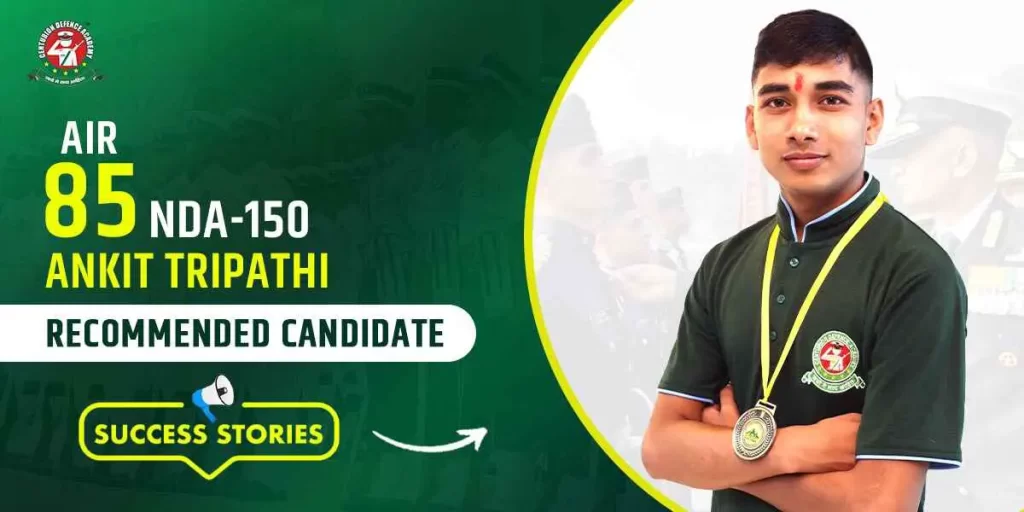

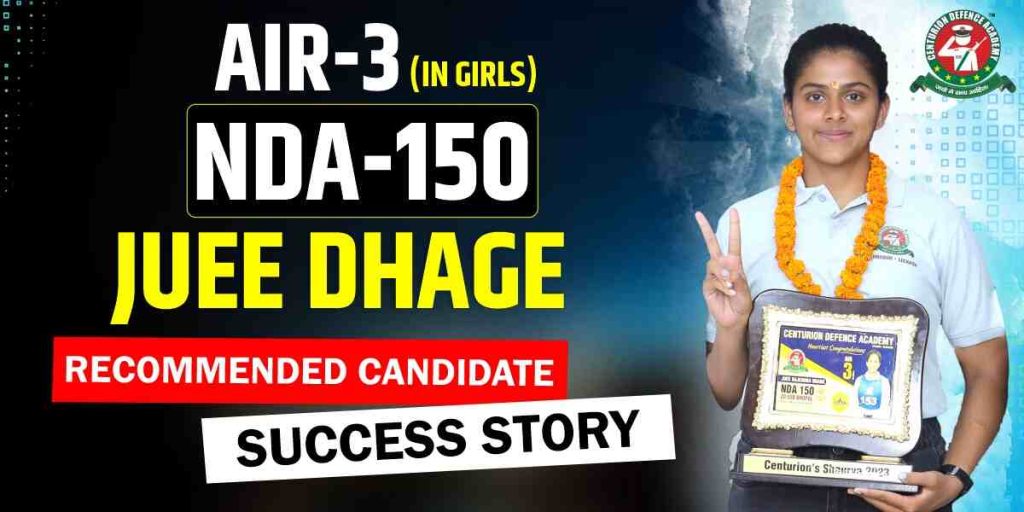
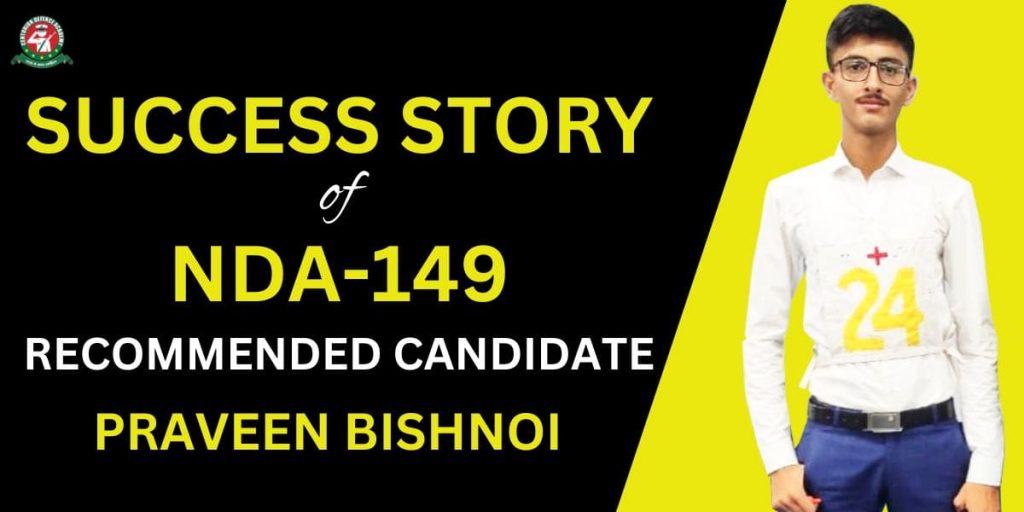
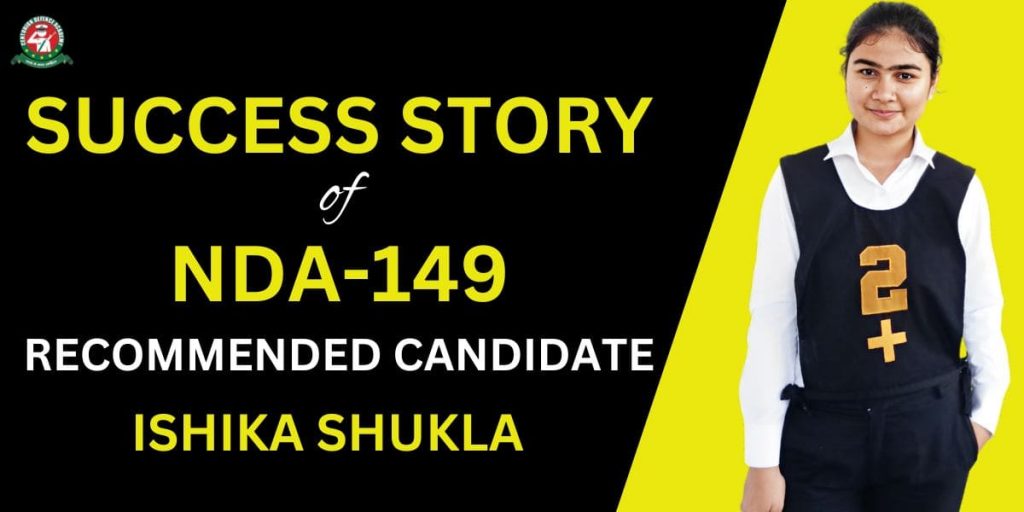
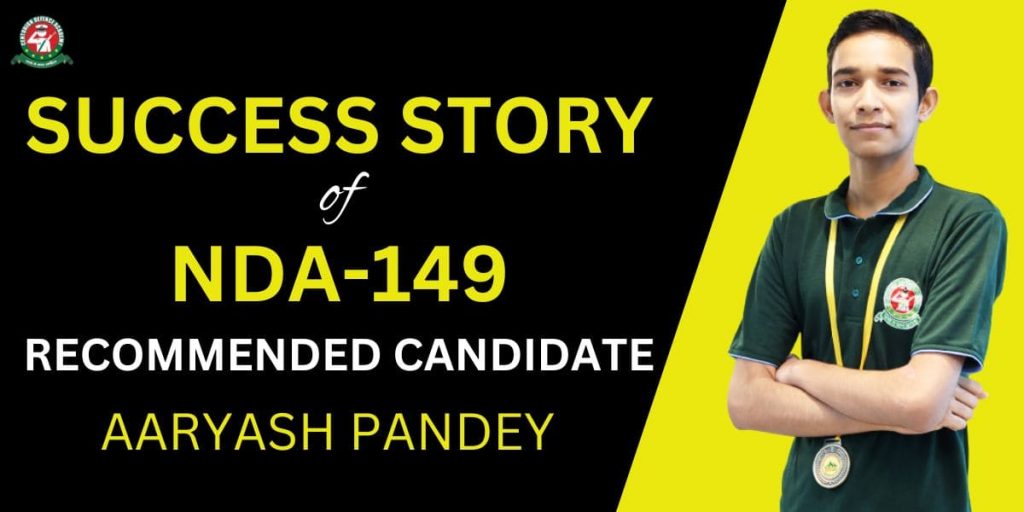

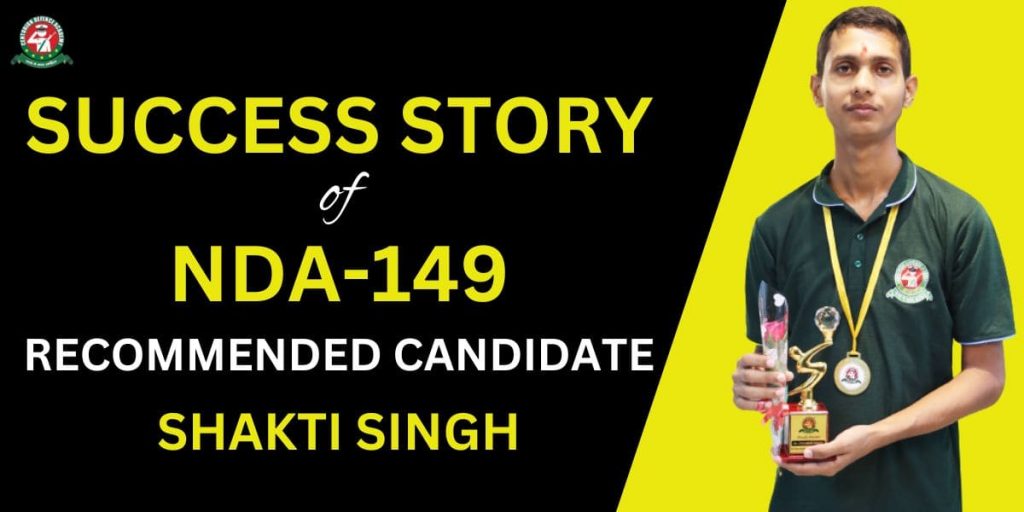
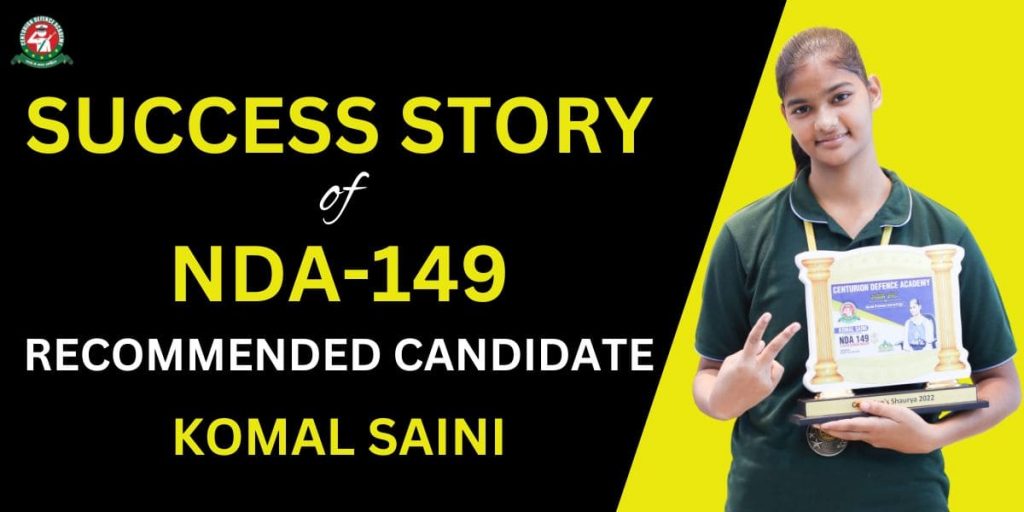
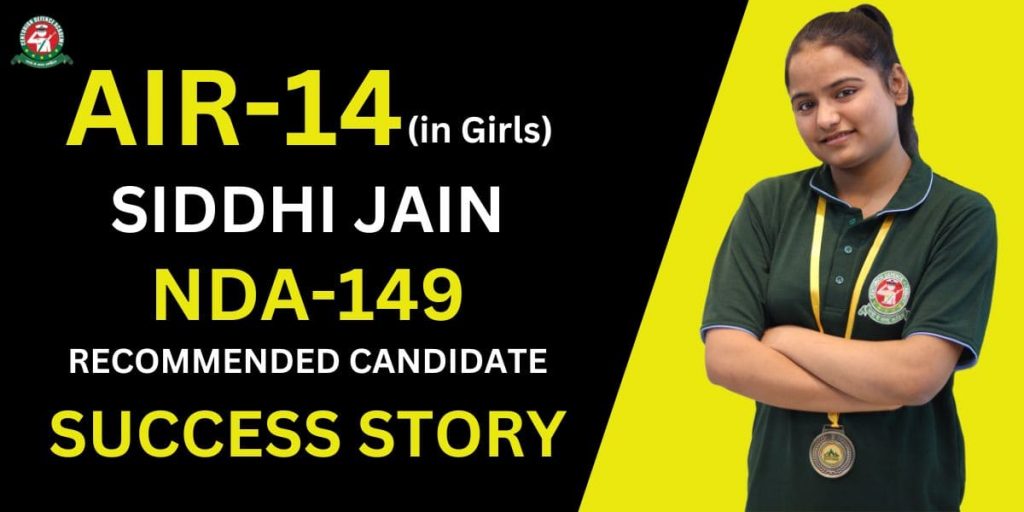
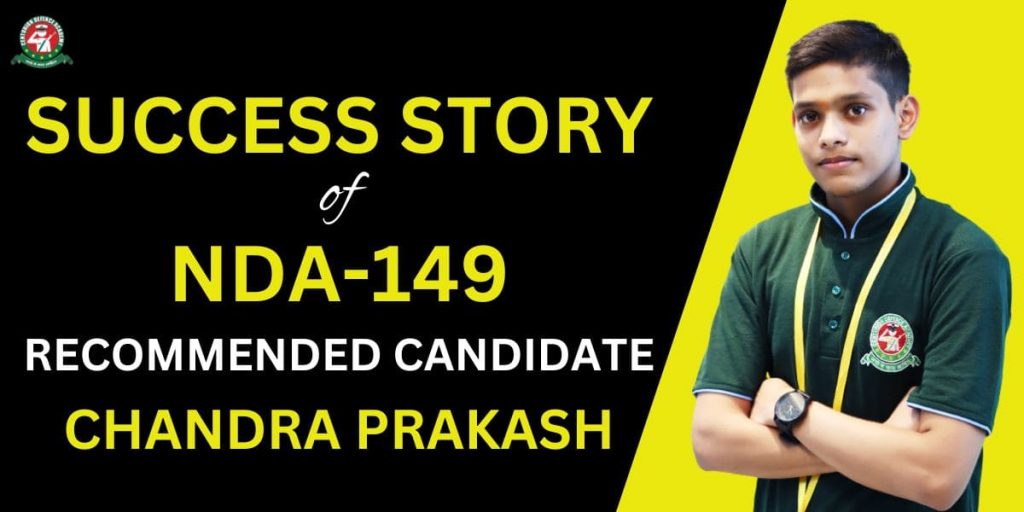

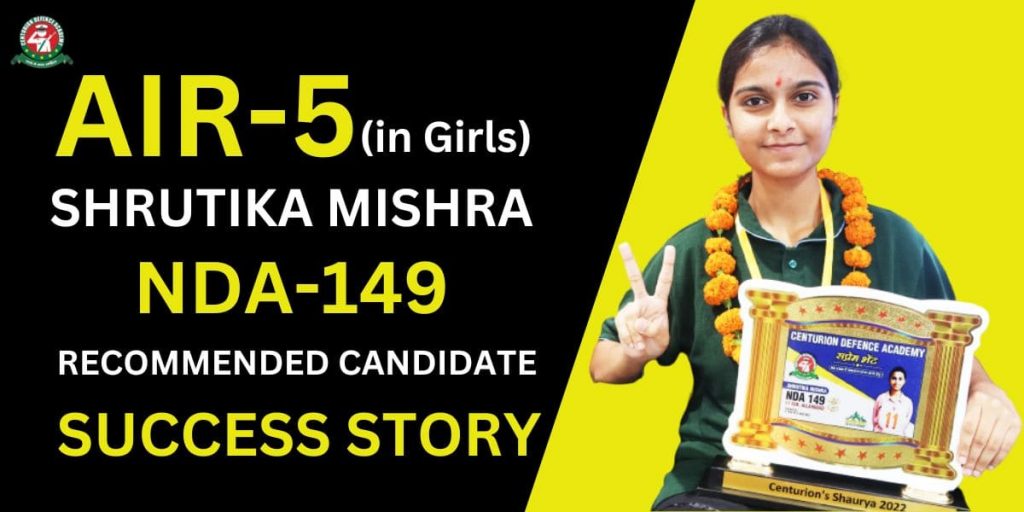










Leave Comment